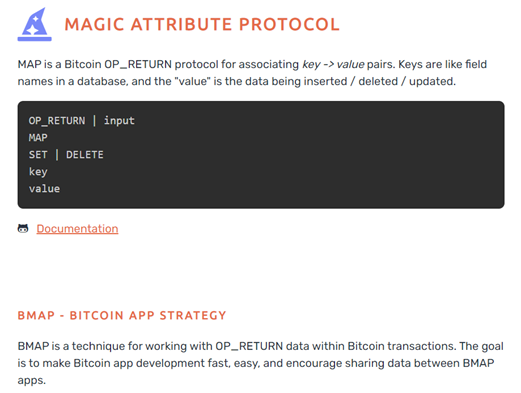
|
Getting your Trinity Audio player ready... |
Notice to Bitcoin projects:
We are not in the comment section business. We are in the video business. We are seeking a replacement for comments such as PowPing, Metalens, Twetch or anything else.
Migrating in about a month. Please reach out with any proposal for plug in.
— Streamanity NFT (@Streamanity) August 2, 2020
Streamanity. Castr.fm. Ark. Twetch. Relica. Memo. PowPing. PowPress. Bitpost. Each of these are Bitcoin SV applications that feature creation of content, but all have different means (if any at all) for commenting on content. For example, Bitpost is ‘in no rush to add’ it likely due to the innate issues that plague the internet today, trolling and spam:

One approach to solve this problem is paid speech. Twetch, Relica, Castr and Memo have each implemented this in their own way—and on-chain to boot. This approach prevents spam and disincentivizes trolling by making the commenter pay money at the cost of limiting the discussion to those who have Bitcoin. Additionally, it holds those who engage accountable by immutably recording the content on the ledger.
Now given that the original post on each of these platforms is a unique Bitcoin transaction ID, thus the same reference point. Why is each implementation different?




For each example reply, the format and link to the original post recorded on-chain are different. Twetch, Castr and Memo each record the transaction ID being replied to, whereas Relica does not. In fact, Relica may be storing it, but is hard to tell due to the OP_RETURN data being obfuscated. Memo does store the reply transaction, but it is reversed giving developers even more of a headache.
Two years ago, a proposal to solve this was built: MetaLens. MetaLens was a browser extension that allowed commenting on any URL. If one navigated to that URL (no authentication required) they could see all the comments made by everyone since they were recorded on the public blockchain. The protocol backing MetaLens (aptly named MAP) is designed to support mapping of arbitrary data to certain data points, including transaction IDs!

Imagine being able to enter a single data point and then being able to see all the comments on it from all over the world with spam prevention and built-in monetization. Twetch is the closest implementation to this standard (even leveraging MAP in their protocol) but has proprietary constraints. Unfortunately, MetaLens is currently in hiatus. A similar, lesser-known tool has emerged named Koalament but lacks adoption to this point.
Given how cancel culture and de-platforming are all the rage in 2021, the need for open solutions, ability to monetize and control over content are sorely needed. Building this is possible today but would be harder than it could be due to the proprietary standards built by each platform on top of an open ledger.
Of course, one of these existing standards may suck in the rest:
https://twitter.com/unclassify/status/1304824999606272000
Streamanity could put the hash of a video on-chain, then make their comment section be the on-chain references of that hash. Users would not even necessarily have to comment directly on Streamanity.com or need an account there; they could comment from various interfaces that all compete on presentation, user experience and monetization.
Furthermore, this model marries well with efforts to Make RSS Great Again, as the RSS protocol supports syndication of comment sections so that consumers could subscribe to their favorite posts directly from the blockchain.
It is almost as if Bitcoin is the perfect weapon to fight against these issues. Now is the time.

 11-22-2024
11-22-2024


